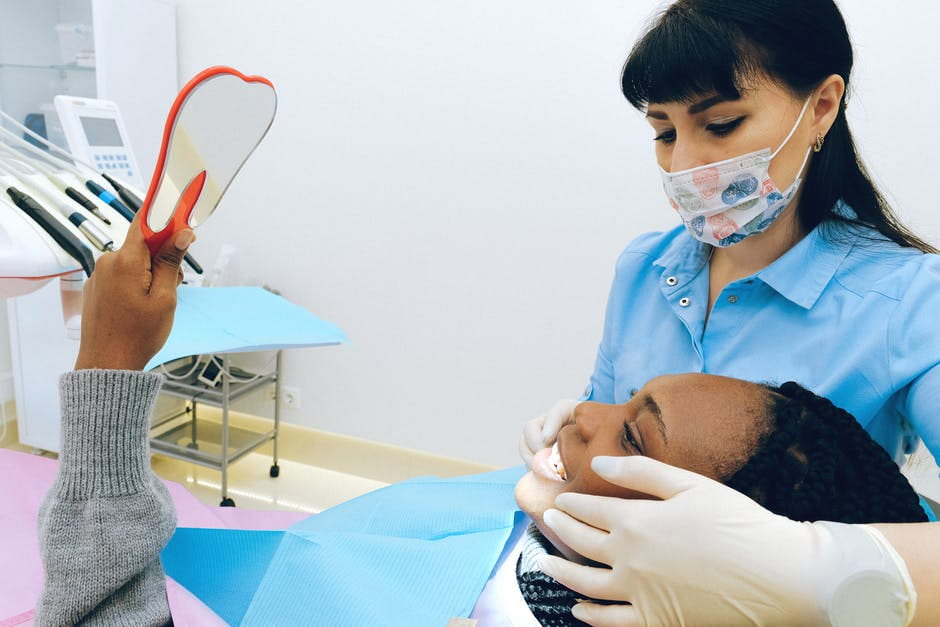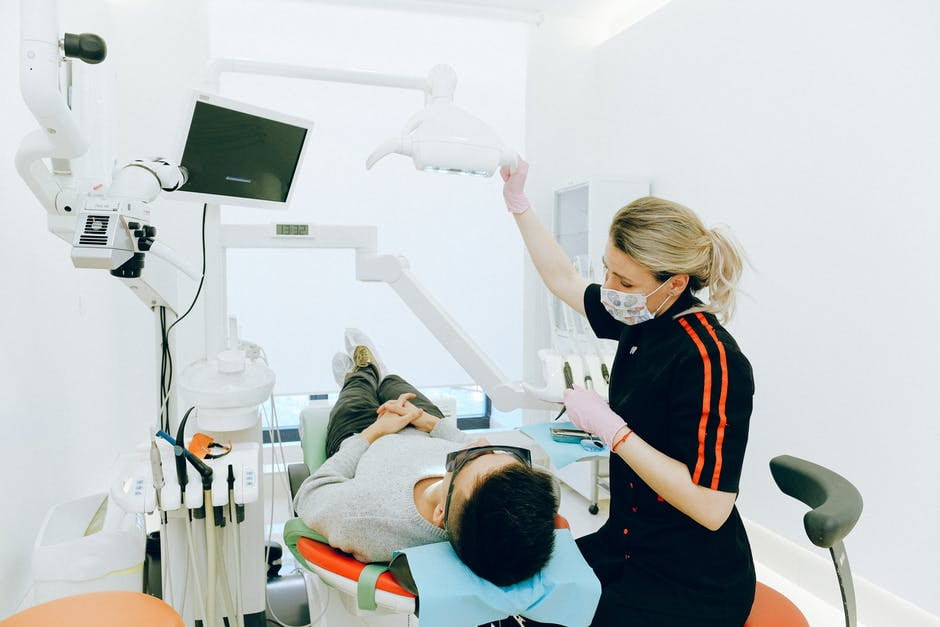
Dental care can improve the appearance of your smile and keep your teeth healthy. It also helps prevent certain diseases, such as diabetes. You can prevent dental problems by making sure you brush and floss regularly and visiting your dentist regularly.
When you visit your dentist, he or she will examine your teeth, gums, and other oral tissues to determine if there are any issues. If there are problems, the dentist will explain the best treatment options. Your dental professional can also advise you on how to maintain good oral hygiene at home.
The health of your mouth affects your self-confidence and ability to eat and talk. Without proper dental care, you may experience tooth decay, gum disease, and even tooth loss. Good dental hygiene can help you avoid these health issues and help your teeth last for a lifetime. For further details, get in touch with Dr Kyle Bogan.
In addition to keeping your teeth clean and healthy, you can enjoy a bright smile and great taste. Brushing and flossing will remove bacteria from the mouth, reducing your risk of cavities. Professional teeth cleanings will also remove plaque and scaling from the teeth.
You should see your dentist for a comprehensive care exam once a year. This will include an oral exam and a screening for oral cancer. Some signs of problems are a dry mouth, a bad taste in your mouth, or an infection in one of your teeth. An x-ray may be needed to detect problems.
Oral diseases cause pain and discomfort for millions of Americans. People who suffer from these problems are at a greater risk of developing heart disease, oral infections, and other chronic conditions. Additionally, oral problems are more prevalent in smokers than non-smokers. However, you can reduce your risks by staying away from cigarettes, choosing a low-acid diet, and brushing and flossing your teeth daily. You can learn from the experienced team of dentists.
If you do experience tooth decay, your dentist may recommend fillings or other treatments. You may be given a topical fluoride solution to use at home. He or she will also check your teeth for any damage that has occurred.
Other symptoms of oral problems are chronic bad breath, bleeding gums, or loose teeth. Untreated dental problems can lead to infections, bone loss, and even tooth loss. By catching the condition early, your dentist can provide effective treatment.
You should make an appointment with your dentist when you notice any of these warning signs. You will also need to schedule a dental cleaning at least once every six months.
To ensure that you keep your teeth and gums in good shape, you should avoid smoking, eating sugary foods, and drinking too much alcohol. Alcohol can affect the flow of saliva in your mouth. A properly fitted mouthguard can also prevent injuries.
Regular visits to the dentist will ensure that you don’t end up with a painful, crooked, or missing tooth. The doctor can also recommend a fluoride treatment if you’re at a higher risk for tooth decay.
For more info, visit – https://www.britannica.com/science/dentistry

